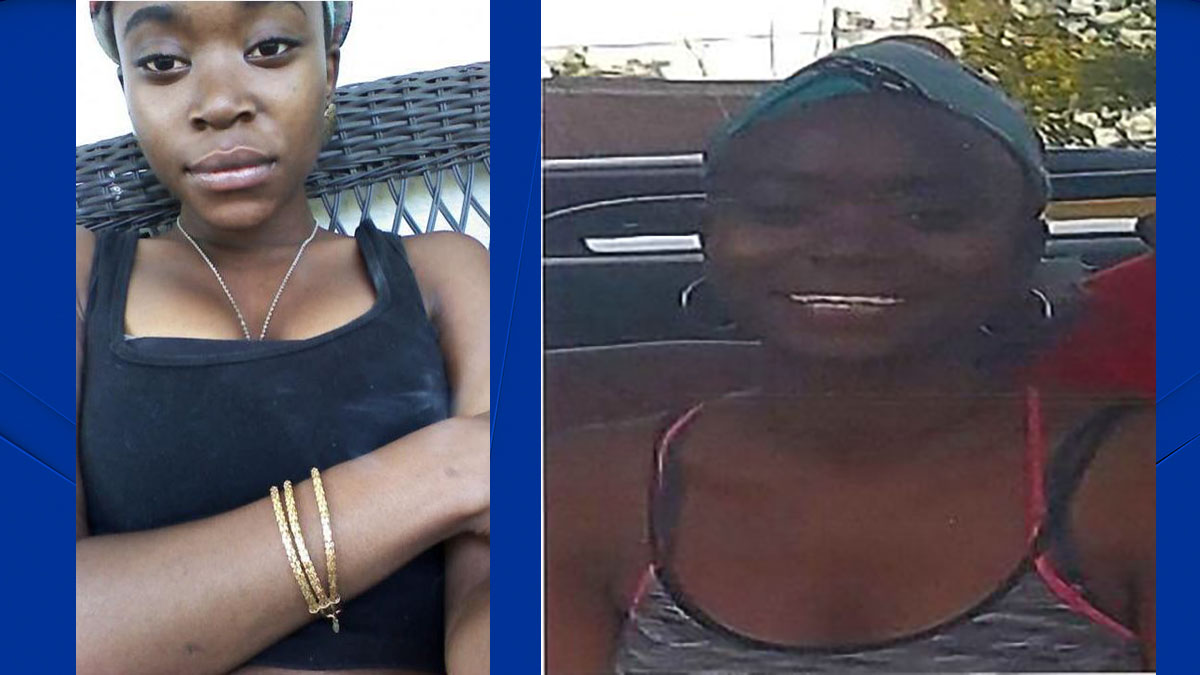A judge has ordered Newark Mayor Cory Booker to release internal emails related to a $100 million grant to the city's schools made by Facebook founder Mark Zuckerberg.
The ruling released Thursday by state Superior Court Judge Rachel Davidson stems from a lawsuit brought by the American Civil Liberties Union on behalf of a group representing Newark schoolchildren. The suit sought greater transparency about who was overseeing the spending of the money.
The Associated Press and other news outlets also have made such requests under the state's Open Public Records Act.
According to Davidson's ruling, the city sought to withhold 36 documents, all of which were emails sent between mid-September 2010 and late June 2011. Booker, Gov. Chris Christie and Zuckerberg announced the grant on Oprah Winfrey's show in September 2010.
Local
In a response letter to an AP request for the documents in 2010, the city said that any communications between Booker and Zuckerberg were "not made in the course of the Mayor's official duties" and therefore were exempt from open-records laws.
Were Booker found to have been acting in his capacity as mayor, the letter continued, the city didn't have the records requested. But it added that if the records were found, their release was barred under executive privilege.
Davidson rejected that argument.
"It is not clear that the executive privilege applies to mayors at all, but even assuming that it does, it does not apply here," the judge wrote. "The executive privilege would apply, for example, to deliberations within Newark about whether to accept the $100 million donation. Such deliberations are completely absent from the emails. The earliest emails provided date from September 13, 2010, by which time Facebook's commitment to make the donation and Newark's decision to accept it had already been made."
Davidson ordered that some parts of the emails should be redacted to protect individuals' privacy in two cases: Where a private individual was the recipient of an email from a public official, and in one instance where an email between two private citizens was forwarded by one of them to Booker and others in his office.
In both cases, only the email addresses will be redacted but the substance of the emails would be released.
"The City of Newark posed as many legal objections as it could to releasing these emails, which were exchanged by public officials," said Frank Corrado, an attorney working on behalf of the ACLU-NJ in the case. "The judge's ruling repudiated all of their arguments."
Booker's office didn't immediately comment on the ruling Thursday.
Copyright AP - Associated Press



